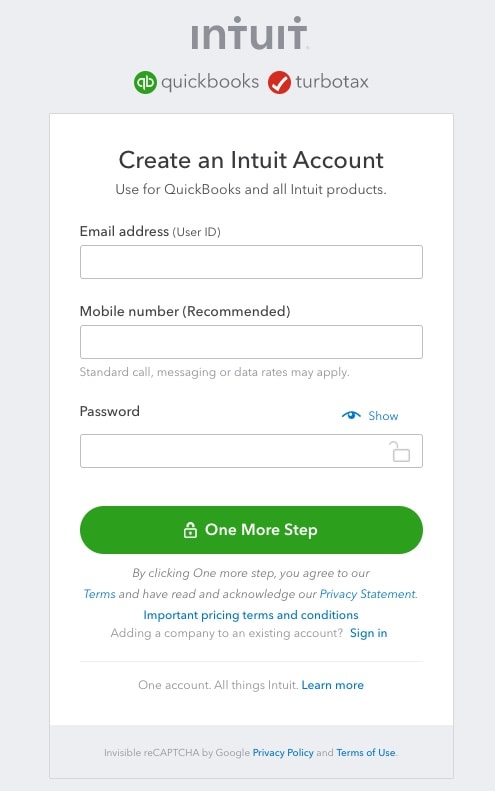Turn on suggestions
Auto-suggest helps you quickly narrow down your search results by suggesting possible matches as you type.
Showing results for
@dan23589 wrote:
... and still benefit from the full (£120) expense when doing Self Assessment?
You certainly shouldn't do that. It's called fraud & is generally frowned upon ![]()
I've never heard of HMRC being so generous in allowing four years back-accounting for VAT. Are you sure that's correct?
Usually they give you a start date (on/around your application date).
Be aware that you will surely be expected to reciprocate - so every sale you made after your start date will be considered VATable. You'll either have to re-invoice everything with VAT & chase your customers for the 20% or accept the hit.
You need to be very careful when going back - you need to be aware of what you're doing & keep a good track of every step in case you're pulled for a check (put yourself in the VATman's shoes - a new claimant would be high on the list for a visit in the first year or two).
It would be worth checking with an accountant on your best course.
I would say (as you suggest) that it's not good practice to alter transactions that have already been filed. Personally, I would leave previous year entries alone.
Instead, I would create dummy transactions in the current year (& current VAT quarter) for each of the old transactions. Each transaction needs to balance to £zero because there's nothing to actually pay.
Overall, this will reclaim the £20 VAT & reduce your taxable (Self-Assessment) expenses by £20 in the current tax year. So you're not £20 up overall because you're repaying the tax on previous year overclaim (if that makes sense).
Similarly - you will need to do the same for all sales transactions from your start date onwards. You can't just take VAT, you have to give something back!
AS ABOVE (& this is in capitals deliberately) - CHECK WITH AN ACCOUNTANT BEFORE DOING ANYTHING THAT AFFECTS PREVIOUS YEARS.
Hope this helps.

You have clicked a link to a site outside of the QuickBooks or ProFile Communities. By clicking "Continue", you will leave the community and be taken to that site instead.
